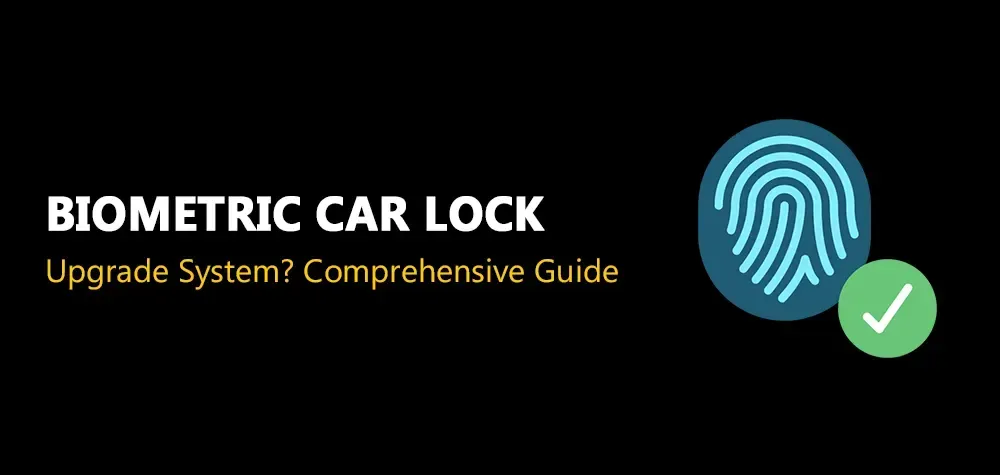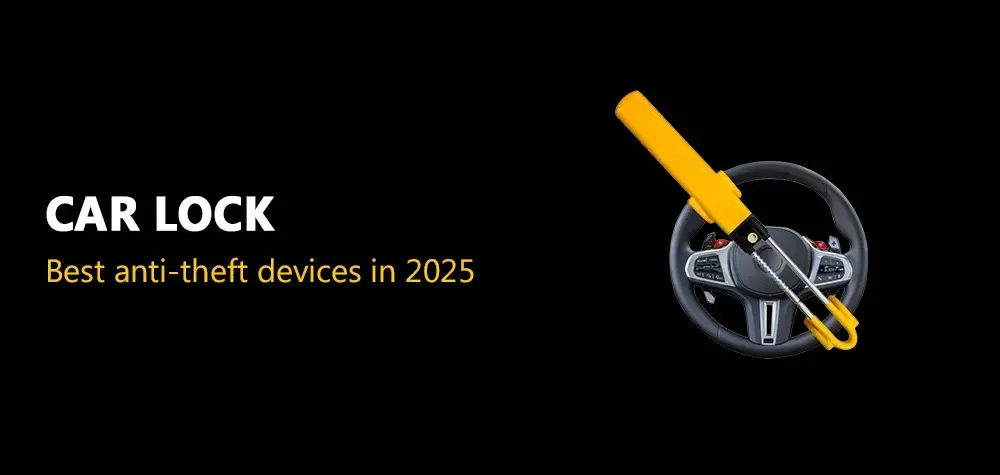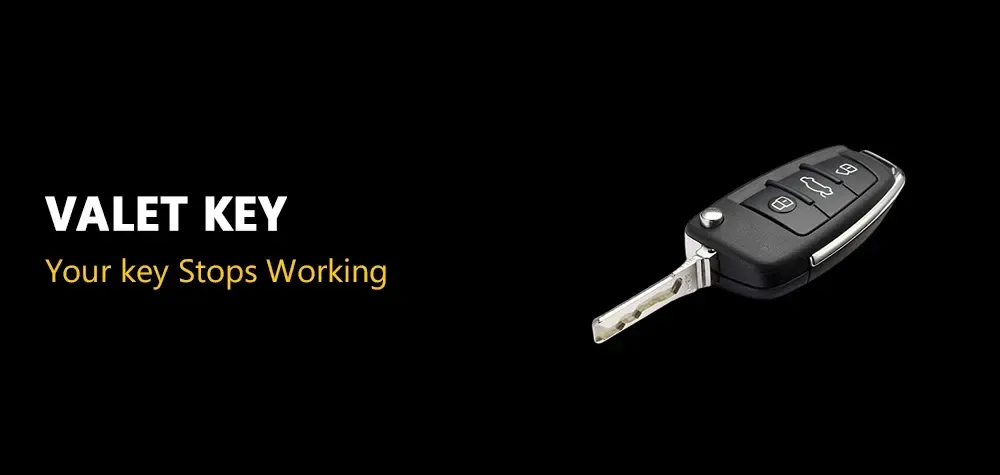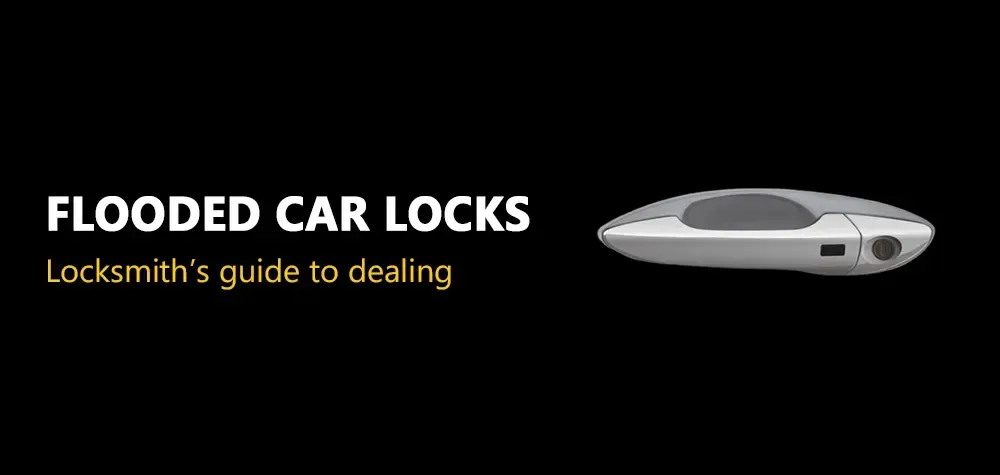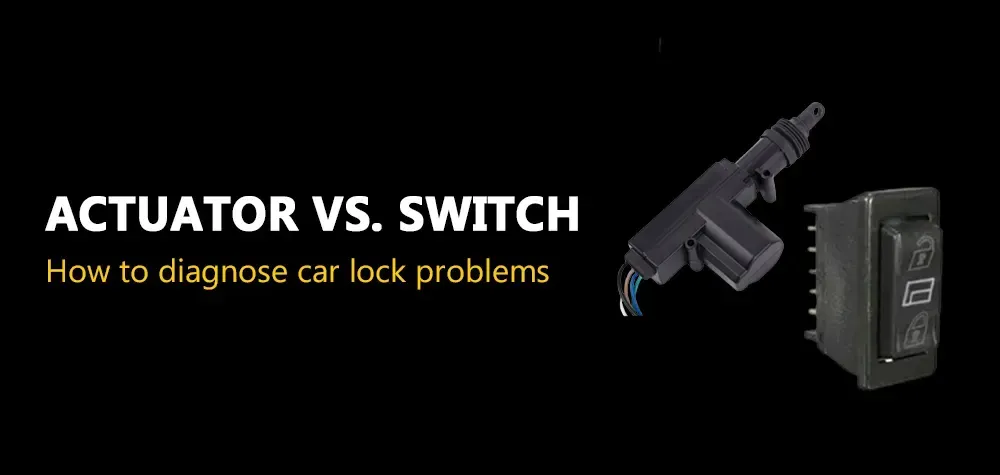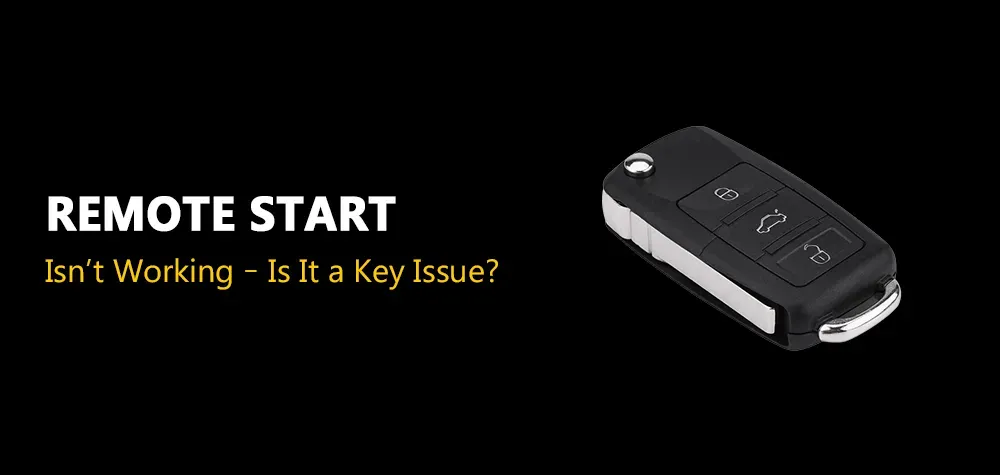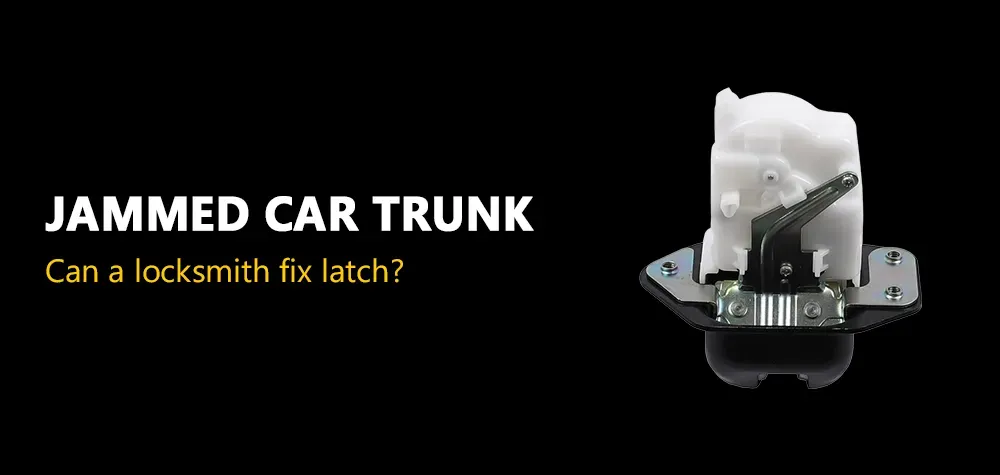When Should You Call a Locksmith for a Jammed Door?
A jammed door lock is more than an inconvenience; it’s a potential security risk that can compromise your home or business. Knowing when to handle the issue yourself and when to call a locksmith is key to resolving the problem efficiently. This guide delves into the causes, signs, and solutions for jammed door locks, helping you decide when professional help is necessary.
How To Replace A Storefront Door Lock
Common Causes of a Jammed Door Lock
Understanding why your door lock has jammed can help you address the issue or explain it better to a locksmith. Below are some common causes:
1. Accumulation of Dirt and Debris
Over time, dust and debris can accumulate inside a lock mechanism, causing it to stick or jam. This is particularly common for outdoor locks exposed to the elements.
Solution: Regular cleaning with compressed air or a lubricant can help, but if the problem persists, it’s time to call a locksmith.
2. Misalignment of the Door or Lock
A poorly aligned door can put pressure on the lock, making it difficult to operate. This often happens due to wear and tear or a shifting door frame.
Solution: While minor misalignments can sometimes be fixed by adjusting the hinges, a locksmith can provide a more permanent solution.
3. Broken or Worn-Out Key
Keys naturally wear out over time, and a bent or damaged key can get stuck or fail to turn the lock properly.
Solution: Avoid forcing the key, as this can break it inside the lock. Call a locksmith for extraction and repair.
4. Internal Mechanism Failure
Locks have moving parts that can wear out, corrode, or break over time. A faulty mechanism is a common reason for a lock to jam.
Solution: This issue typically requires professional locksmith services to either repair or replace the lock.
Signs You Need to Call a Locksmith
Knowing when to call a locksmith can save you from further damage or security risks. Watch out for these signs:
1. The Key Is Stuck or Won’t Turn
If your key won’t budge no matter how much you wiggle it, forcing it can cause the key to break inside the lock. This is a clear indicator that professional help is needed.
2. The Lock Feels Loose or Wobbly
A loose lock is a sign of internal wear and tear. Ignoring this can lead to a complete lock failure, leaving your property unsecured.
3. You Hear Strange Noises While Turning the Key
Grinding or clicking sounds often indicate a problem with the internal mechanism of the lock.
4. The Door Isn’t Closing Properly
If the door latch isn’t aligning with the strike plate, it could mean the lock or door frame is out of alignment, requiring expert adjustment.
Why You Shouldn’t Force a Jammed Lock
It’s tempting to try fixing a jammed lock yourself, but forcing it can do more harm than good. Here’s why:
- Risk of Key Breakage: Forcing the key can snap it inside the lock, complicating the issue.
- Damage to the Lock Mechanism: Applying excessive force can break the internal components, making repairs more expensive.
- Increased Costs: DIY fixes often lead to more significant problems that require extensive locksmith work.
When to Call a Locksmith
While minor issues can sometimes be resolved with basic maintenance, certain situations demand the expertise of a professional like Brothers Locksmith:
1. After Attempting DIY Fixes
If your attempts to fix the jam haven’t worked, a locksmith can step in to assess and resolve the problem without causing further damage.
2. For Commercial Properties
A jammed lock on a business property can disrupt operations. Brothers Locksmith specializes in commercial locksmith services, ensuring minimal downtime.
3. To Ensure Long-Term Security
Professional locksmiths don’t just fix the immediate problem; they also assess the lock’s overall condition and recommend replacements or upgrades if needed.
DIY Solutions for Minor Lock Jams
If the lock isn’t severely damaged, you can try these simple remedies before calling a locksmith:
- Use Lubricant: Spray a silicone-based lubricant into the keyhole to loosen stuck components.
- Inspect the Key: Check for dirt or damage and clean it with a soft cloth.
- Adjust the Hinges: Tighten or loosen door hinges to improve alignment if the lock is sticking due to misalignment.
The Role of Brothers Locksmith
At Brothers Locksmith, we pride ourselves on offering fast, reliable, and affordable services for all lock-related problems. Whether you’re dealing with a jammed door lock at home or on a commercial property, our team has the expertise and tools to resolve the issue efficiently.
Why Choose Brothers Locksmith?
- 24/7 Emergency Services: Always ready to assist you, no matter the time of day.
- Expert Technicians: Skilled professionals who handle everything from simple repairs to complex lock replacements.
- Affordable Pricing: Transparent pricing with no hidden fees.
Preventing Future Lock Jams
Prevention is always better than cure. Here are some tips to avoid jammed locks in the future:
1. Regular Maintenance
Clean your locks and lubricate them at least twice a year to ensure smooth operation.
2. Avoid Forcing Keys
If a key feels stuck, stop and assess the problem rather than forcing it.
3. Upgrade to High-Quality Locks
Modern locks, including electronic options, are more resistant to wear and tear.
4. Rekey or Replace Old Locks
If your locks are over 10 years old, consider rekeying or replacing them for better reliability and security.
FAQs About Jammed Door Lock
1. How much does it cost to fix a jammed lock?
The cost varies depending on the severity of the issue and the type of lock. Contact Brothers Locksmith for a detailed estimate.
2. Can I use WD-40 on my lock?
While WD-40 can work in a pinch, it’s better to use a silicone-based lubricant specifically designed for locks.
3. What should I do if my key breaks inside the lock?
Don’t attempt to remove it yourself. Call a locksmith to safely extract the key and assess the damage.
4. How long does it take to repair a jammed lock?
Most lock repairs can be completed in under an hour, but complex issues may take longer.
5. Are electronic locks less prone to jamming?
Electronic locks are generally more reliable but can have their own set of issues, such as battery failure.
Conclusion
A jammed door lock can range from a minor annoyance to a significant security risk. By recognizing the causes and signs early, you can address the problem effectively. However, for more severe cases, calling a professional locksmith like Brothers Locksmith is the best course of action. With their expertise and commitment to customer satisfaction, you can ensure your locks remain in top condition and your property stays secure.
For prompt and reliable locksmith services, contact Brothers Locksmith today!
Call Us Any Time!
